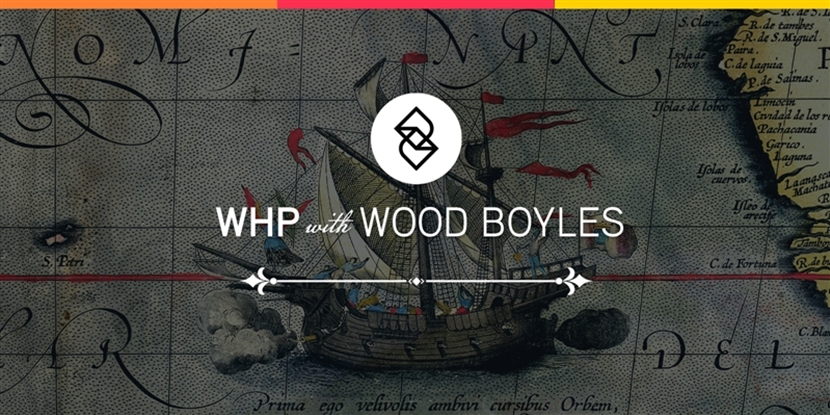Historians don’t agree on one definitive cause of the First World War. There were a lot of different factors at play. Perhaps the most common explanation was the assassination of the Archduke Franz Ferdinand. But other historians point to deeper, systemic factors that led the world to war, such as alliance systems, nationalism, and imperialism. And still other historians argue that the war was an accident of catastrophic proportions.
Driving Question: Why did the world descend into the conflict we know as World War I?
- Just over a century ago, a war began that would kill between 15 and 19 million people. The First World War was notable for a couple of things other than the huge casualty rates—it was notable in being a truly global war. It was also the first “total war.” By that we mean that the big states fighting each other gradually mobilized their whole economies for this conflict. For example, by 1918, 51 percent of Germany’s production was war material, and that number was as high as 78 percent in France.
- But how did this conflict begin? That’s a big question for historians, but there are generally three explanations that are considered for World War I. The first looks at proximal (more immediate) causes, such as the assassination of the Archduke Franz Ferdinand. The second explanation looks at deeper trends—the alliances, industrialization, and nationalist ideals that had been growing, particularly in Europe, for decades. The third explanation is that this war happened by accident. Nobody really wanted it. Is it really possible that 15 to 19 million people died because of some stupid mistakes? That’s up to you to decide.
Word of the Day: Mobilize
- To assemble and prepare (troops or the like) for active military duty or service to a country.
- Each of the countries involved in the war had to mobilize their troops to fight. Because of industrialization, everyone knew that there was a timetable to war. Any country that could call up their troops and move them on railways to the border before the enemy had a big advantage. This meant that once your enemy started mobilizing, you had to mobilize too, and even faster. Some historians suggest it was this “war by timetable” that made it impossible to pump the brakes and stop the rush to war.
Lesson
- Read “What Caused the First World War” in Lesson 7.1 on Khan Academy.
- As you read, think about the different causes of World War I. Which one do you think was the most significant cause of the war?
Historian’s Journal Prompt
- Do you think there will ever be another World War?
- Considering that we just looked at the various causes of WWI, what might cause the globe to engage in another world war? Tensions are rising between countries like Russia and Saudi Arabia over natural resources like oil and petroleum. The United States and China have been in a trade war for quite a while, and countries like North Korea continue to develop nuclear technology despite worldwide opposition. Could any of these lead to another global conflict? Can you think of any details?

